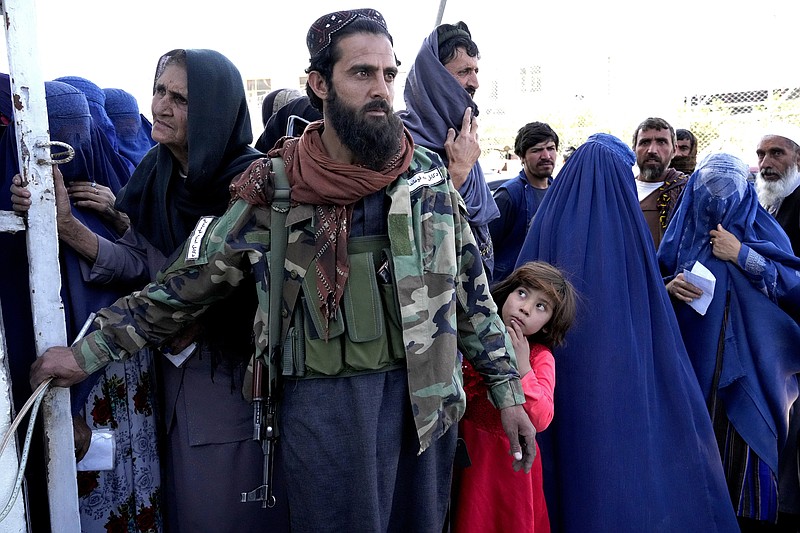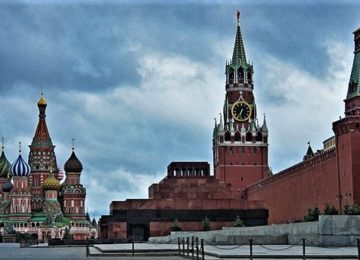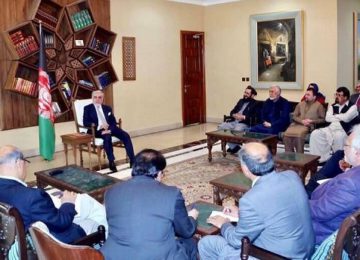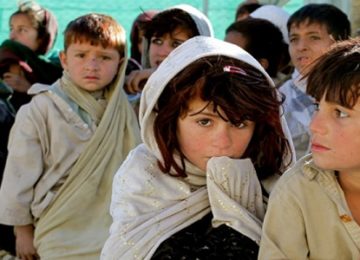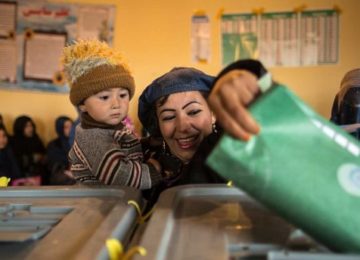The Taliban confirmed that three women were among the 12 persons who were beaten on Wednesday in front of a large crowd at a regional sports stadium, prompting the United Nations to assign experts.
In front of elders, scholars, and locals at Taloqan’s main mosque during Friday prayers on November 11, ten men and nine women in the northeastern Takhar province were each whipped 39 times.
They were charged with fornication, adultery, and running away from home.
The latest Taliban measures against women and girls have intensified previously-existing rights breaches, which are already among the “most severe globally,” according to U.N. experts. They also may constitute gender persecution, which is a crime against humanity.
In August 2021, the Taliban took control of Afghanistan as American and NATO forces prepared to leave the nation after 20 years of conflict.
They first pledged a more liberal administration to protect the rights of women and minorities, but instead, they have curtailed liberties and applied their stringent interpretation of Islamic law.
Girls have been barred from attending middle and high school and they are required to dress from head to toe in public. Women are also excluded from most types of employment.
Additionally, parks, gyms, and amusement parks do not allow women.
During the previous Taliban rule, from 1996 to 2001, when they were ousted in a U.S.-led invasion after the September 11 terrorist attacks, public lashings, public executions, and stoning for alleged offenses were commonplace throughout Afghanistan.
Although the examples of public beatings were not particularly mentioned in the experts’ statement, they did note that the Taliban had assaulted men who were with women who were wearing colorful attire or who were not wearing facial coverings.
It said: “We are gravely concerned that such measures are meant to drive men and boys to punish women and girls who resist the Taliban’s erasing of them, further depriving them of their rights and normalizing violence against them.
It urged the Taliban to reestablish Afghan women’s rights and freedoms, liberate detained activists, and allow them back into public places like schools.
Richard Bennett, a special rapporteur on the state of human rights in Afghanistan, and Farida Shaheed, a special rapporteur on the right to education, are members of the expert team that the U.N. Human Rights Council appointed.
Abdul Qahar Balkhi, the Taliban’s appointed spokesman for the Ministry of Foreign Affairs, disagreed with the experts’ assessment and blasted the U.N. for baseless claims.
In a message to The Associated Press, Balkhi listed what he claimed to be war crimes and crimes against humanity committed by the international organization, including the “current collective punishment of innocent Afghans by the U.N. sanctions regime, all in the name of women’s rights and equality.”
While speaking to Tolo TV, Zabiullah Mujahid, Deputy Minister of Information and Culture, said that UNAMA’s claims are untrue and that arbitrary killings and arrests are not allowed in the country.
Access to international institutions and outside funds that had underpinned Afghanistan’s aid-dependent economy before the withdrawal of U.S. and NATO forces has been hampered by sanctions against Taliban officials and the freezing of billions in foreign currency reserves.
The Islamic Emirate of Afghanistan, as the Taliban refer to their government, has not received international recognition. Despite the worldwide outrage on women’s suppression in the country, the Taliban have been rejecting the global claims and tend to label it ‘western propaganda.
Source: UNAMA, ANI, Tolo News
November 28, 2022



